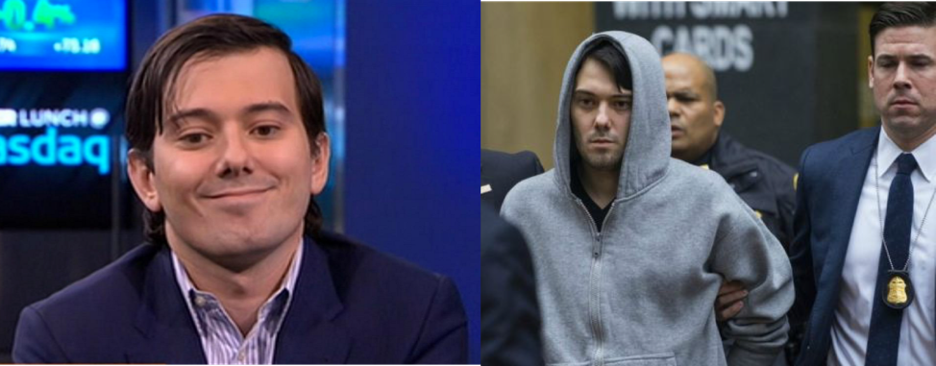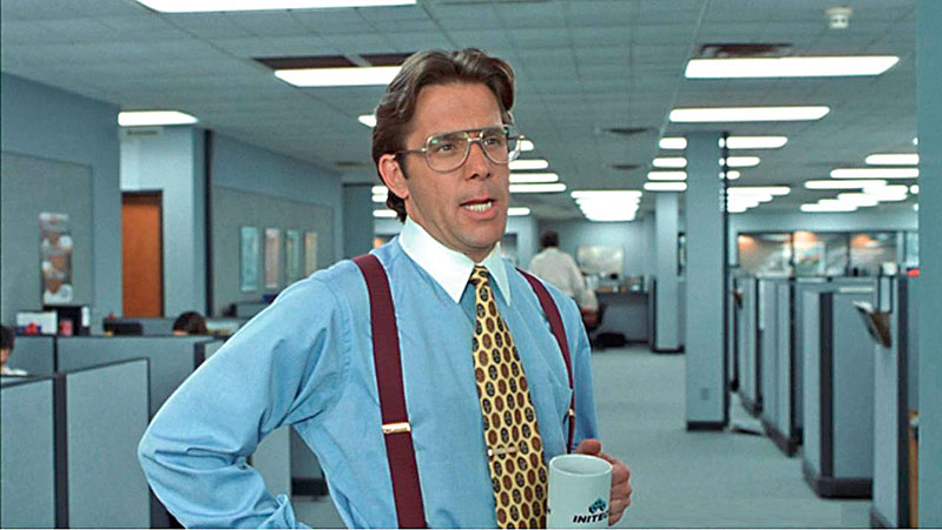In the Summer of 2017, I was asked by a Daily Camera reporter (our local, Boulder-based newspaper) about the prospect of finding another CEO to run one of the two companies I was running at the time, and my immediate reaction was: “I don’t just want any old douchebag in here running the place.” I guess I shouldn’t have been surprised when they chose to publish that quote, and I have since come to own it and even embrace it.
At the time, I was running two rapidly growing companies in two wildly different industries. I had co-founded Roccor and Solid Power in 2011 and 2012, respectively, and while initial growth was relatively modest thereby allowing me to efficiently split my time between the two, by 2017 both were experiencing rapid growth as evident by both been recognized that year as some of the fastest growing privately held companies in the Boulder Valley. To make matters more challenging, Solid Power was in the process of raising its first equity-based investment round and it was only natural that questions and concerns around my dual-CEO role were being raised since, aside from Elon Musk, it’s pretty unusual to simultaneously run companies in both the aerospace and transportation industries. In short, there was growing pressure on me to hand over one of my companies to another CEO.
This situation served as the backdrop for the very pointed and probing questions that the Daily Camera reporter was posing to me such as: “Do you have a favorite company?”; “Do you have plans to leave Solid Power?”, etc. Due to my new reality of having a Board of Directors at Solid Power largely composed of external investors, I recognized a higher probability of leaving Solid Power since investors are typically less keen to have their management teams juggle “extracurricular activities.”
So what did I mean by my somewhat flippant use of the colorful slur: “douchebag?” It’s a term that is not often used in the business world, yet I would argue that “douchebag leaders” are not uncommon. I often say that I was forced to become an entrepreneur because of the ineffective and, in many cases, downright destructive leadership that I had worked under throughout my career. So, I had become particularly sensitive to “douchebag leaders” and was determined not to hand over a business that I had so carefully constructed to one of them.
The term came up again in a recent podcast that I did for The Startup Life with Dominic Lawson and I felt it was time that I provide my definition as to help others in identifying “douchebag leaders” and/or avoid becoming one. And with that I give you my contribution to Urban Dictionary: The Douchebag Executive Officer or, DEO.
What is a DEO?
Broadly, “douchebags” can come in various shapes, sizes, genders and roles within any business – and we’ve all encountered them. It’s the he/she whose sole objective is achieving their own aspirations regardless of the cost to others. It’s the he/she who thinks they’re awesome while others view them with disdain. Typical traits include narcissism, arrogance, self-centeredness and a complete lack of empathy. To make matters worse, “douchebags” are often unable to look-in-the-mirror, admit fault and weaknesses and ultimately are completely unaware of their “douchebagery.” Under most circumstances, your run-of-the-mill “douchebag”, while annoying, is not terribly harmful as they can be avoided, sidelined, etc.
DEOs on the other hand are a particularly damaging species and must be avoided at all costs as they can destroy a company’s culture, significantly limit a company’s performance or even be outright fatal to an organization. A DEO is one who places their personal aspirations above all others and leverages others towards this end objective. They often blindly think their ideas are absolutely brilliant and with no ability to take criticism or advice. They often take full credit for their organization’s success but will be the first to deflect blame onto others when mistakes are made, hiccups encountered, etc. There will be little to no reference to team as people are merely an expendable cog in a machine with a belief that they solely built and therefore should solely reap the rewards. They are often bullies who rule more through fear than respect and their ethical standards are vague at best.

Why are DEOs so dangerous?
DEOs might be capable managers but they are not leaders. People may respond to their barked-out orders but they do not inspire, mentor or teach – unless of course you consider demonstrating what not to do as a form of teaching. The lack of trust within the organization often means that subordinates deliver only the bare minimum in performance in order to avoid being reprimanded, criticized or ridiculed. Going above and beyond the call of duty will only result in negative attention and/or benefits commandeered solely for the DEO thereby disincentivizing them. Further, the DEO will often scare away or chase away any current or potential A-players thereby leaving a team comprised of only “yes men” and B- and C-players. Thus, there is an inherent ceiling in the performance of a DEO-led organization that is defined by others’ (e.g., employees, customers, stakeholder, etc.) tolerance to the DEO. The irony with DEOs is that despite their insatiable appetite for accolades and success, they tend to be less successful than an equally intelligent and capable non-DEO executive.
How to avoid becoming a DEO?
First, it should be emphasized that there is absolutely nothing wrong with having confidence in oneself and aspirations for personal success. The individual pursuit of happiness and success is what makes the US industry so powerful and dynamic. However, it is the pursuit of personal aspirations and gains without caring for or taking into consideration the same desires and objectives of others is where the slippery-slope of becoming a DEO rears its ugly head. Beyond this, how else to avoid becoming (or identifying) a DEO…?
A key first step is recognizing that business success is not a zero-sum game. I don’t need you to lose for me to win. Where a DEO fails is not understanding/embracing the saying, “A rising tide lifts all boats.” Inspiring others to work effectively as a group involves clearly illustrating the “what’s in it for them” whether it be financial, professional or some other aspirational objective. Further, an effective leader will recognize that others’ success begets one’s own success, while also genuinely deriving pleasure from this symbiotic relationship.
So my advice in avoiding becoming a DEO (or a “douchebag” in general) is to focus on being an authentic leader. Be true to oneself and one’s team, and recognize we all have strengths and weaknesses and an effective team is one where team member’s strengths and weaknesses complement one another. While being confident in oneself is critical for business success, it is equally critical to be humble while not insisting on being the smartest and/or loudest person in the room. My mentor taught me early in my career that an effective leader manages up, not down. In other words, their job is to empower and enable those below them by removing barriers that may come from above and frankly speaking, I can’t think of a less DEO trait than that!


Recent Comments